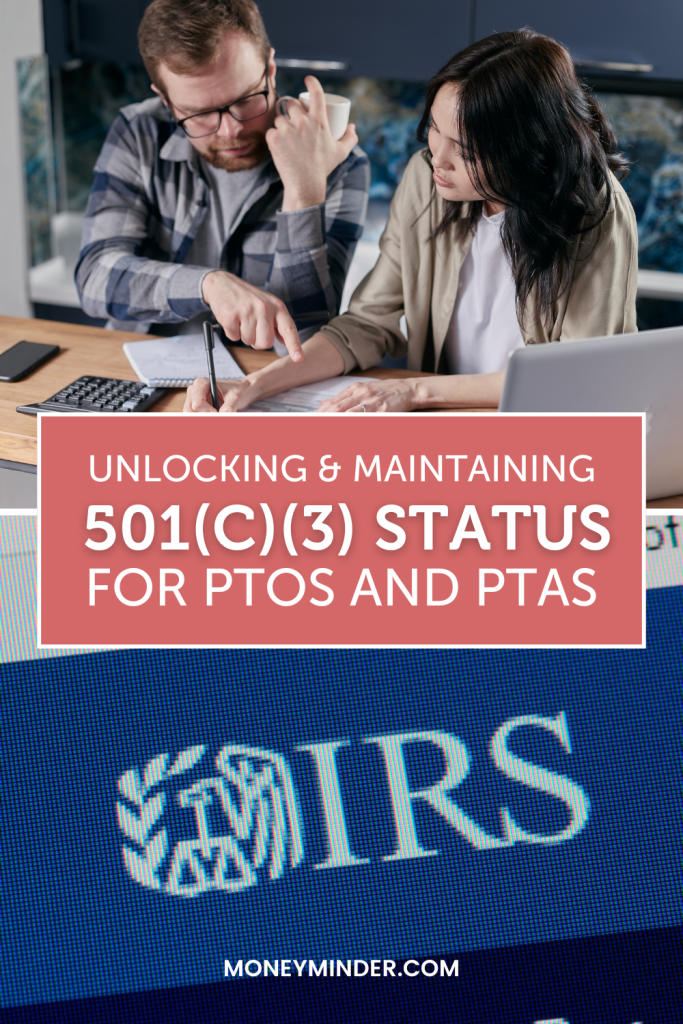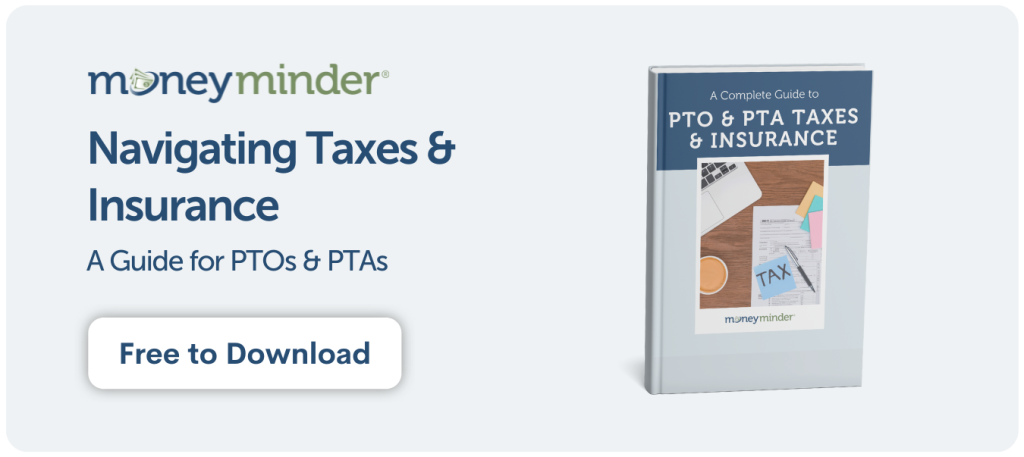Being “tax-exempt” means organizations do not have to pay federal taxes under the United States Tax Code. If your charity applies for and receives 501(c)3 tax exemption designation, which is popularly known as “the charitable tax exemption,” it will allow exemption from federal corporate and income taxes for most revenue coming into your organization.
Benefits of 501(c)(3) Status for Parent Groups
Obtaining 501(c)(3) status offers numerous advantages to your PTO or PTA that can amplify your impact and help to ensure your group’s longevity.
- Federal Tax Exemption – 501(c)(3) status allows you to direct the money you raise toward the projects and personnel that can help you accomplish your goals.
- Increase Donations – When donors know that their contributions are tax deductible, they can do good and take the tax benefit at the same time. This can be appealing to your existing support base and help you attract more donors.
- Access Grants – Tax exempt status opens the door to grant fundraising as many require you to demonstrate that you have 501(c)(3) status. Even when it’s not a requirement, many foundations and government agencies will prioritize grants to those with 501(c)(3) status.
- Discounts and Freebies – Nonprofits are eligible for other perks, like reduced postage rates from the U.S. Postal Service, discounted pricing for Google Workspace and a plethora of other tools.
Obtaining 501(c)(3) Status for Parent Groups

- Start by ensuring you meet the requirements for qualification with the IRS. This video is very helpful.
- Use Form 1023-series application to apply for recognition by the IRS of exempt status. This must be submitted electronically on Pay.gov and must include the appropriate fee. This video about Form 1023 is very helpful.
- Apply for tax exempt status with the IRS using this link.
- Upon receiving a Letter of Determination from the IRS, your organization will be exempt from federal income tax.
How to Find out if Your PTO or PTA has Tax-Exempt Status
It is important for parent groups to periodically check on their tax-exempt status. To confirm your PTO or PTA’s current tax exempt status, visit https://apps.irs.gov/app/eos/.
Maintaining 501(c)(3) Tax Exempt Status for PTO/PTA
The government set up some rules that tax-exempt organizations must obey in order to keep their tax-exempt status. You can read about these in our tax guide for parent groups. One of the most important and actionable steps is the annual reporting obligation. You can e-file your tax forms with MoneyMinder.
Almost all charitable non-profits that are recognized as tax-exempt by the IRS are required to file an annual report with the IRS, known as the “Form 990”. There are several versions of the form. This submitted document is available to the public.

Learn More
What are the different types of tax-exempt organizations? When are PTO and PTA tax forms due? What are the filing thresholds (990N, 990-EZ)? What if you miss the deadline? Learn more about compliance including a free cheat sheet in our Tax Guide for PTAs and PTOs.

 Connect your Venmo account to MoneyMinder PRO to directly download transactions, saving you time and effort. You just review the transactions to ensure they are properly categorized and fill out any required fields.
Connect your Venmo account to MoneyMinder PRO to directly download transactions, saving you time and effort. You just review the transactions to ensure they are properly categorized and fill out any required fields. Connect your Bank, Paypal and Square accounts to MoneyMinder PRO to directly download transactions, saving you time and effort. You just review the transactions to ensure they are properly categorized and fill out any required fields.
Connect your Bank, Paypal and Square accounts to MoneyMinder PRO to directly download transactions, saving you time and effort. You just review the transactions to ensure they are properly categorized and fill out any required fields. Connect your Bank, Paypal and Square accounts to MoneyMinder PRO to directly download transactions, saving you time and effort. You just review the transactions to ensure they are properly categorized and fill out any required fields.
Connect your Bank, Paypal and Square accounts to MoneyMinder PRO to directly download transactions, saving you time and effort. You just review the transactions to ensure they are properly categorized and fill out any required fields. Join It is a membership management service that helps businesses and nonprofits effectively sell, track, and grow their membership.
Join It is a membership management service that helps businesses and nonprofits effectively sell, track, and grow their membership. Connect your Bank, Square and PayPal accounts to MoneyMinder PRO to directly download transactions, saving you time and effort. You just review the transactions to ensure they are properly categorized and fill out any required fields.
Connect your Bank, Square and PayPal accounts to MoneyMinder PRO to directly download transactions, saving you time and effort. You just review the transactions to ensure they are properly categorized and fill out any required fields.